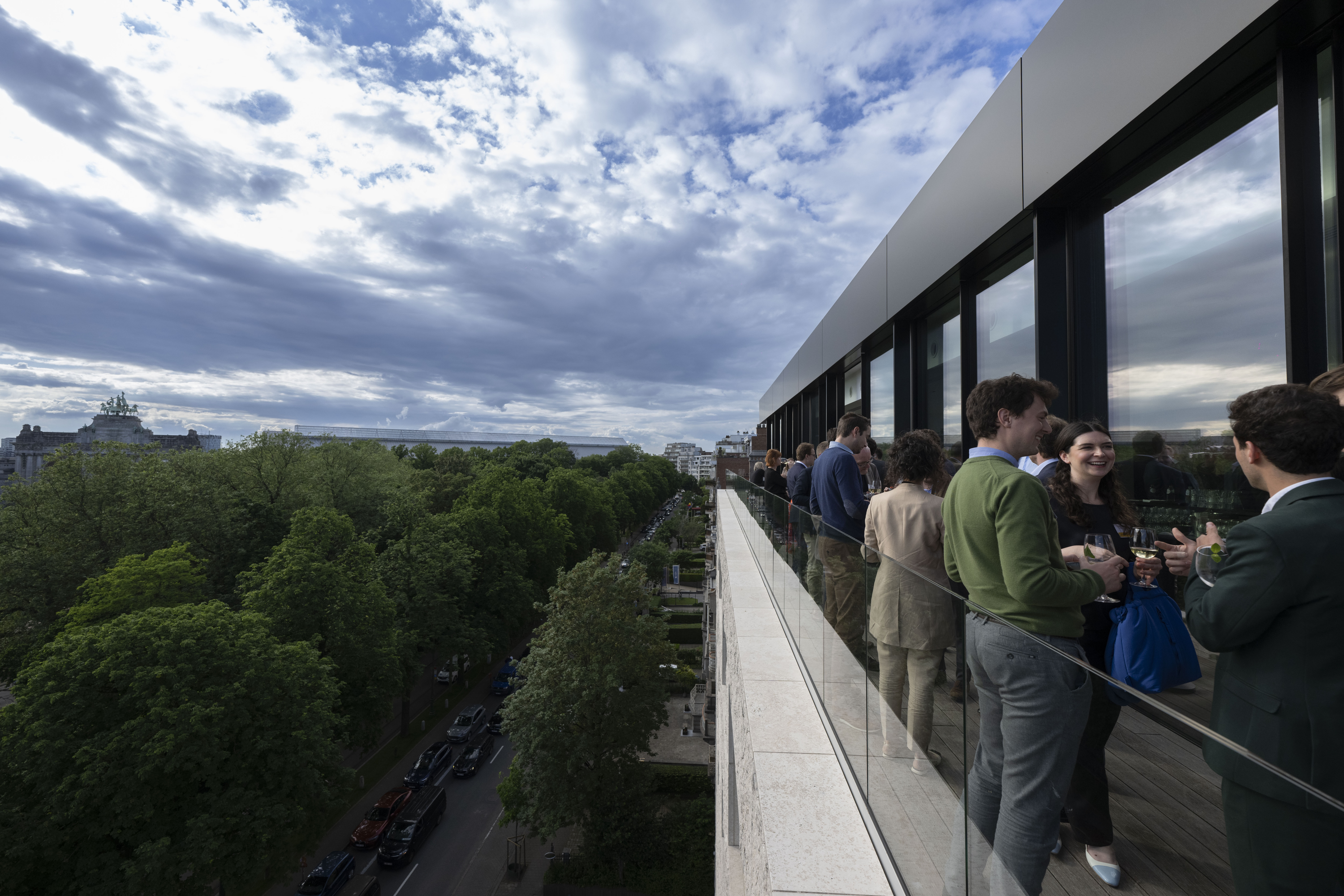Heating and cooling are at the heart of Europe’s energy conversation, accounting for nearly half of its energy use. The European Union is boldly aiming for a carbon-neutral heating and cooling sector by 2050, a move that will require a significant shift from natural gas to greener, sustainable energy sources.
To achieve the energy transition in this sector, it is crucial to tap into private funds. However, district heating projects can be complex and difficult to scale up. Overcoming these challenges will require creative strategies and robust policy support.
On 23 May 2024, Loyens & Loeff played host to the International Project Finance Association (IFPA)’s event titled “Hot Topics: A Benelux Derby for Sustainable Heating Projects.” Under the guidance of moderator Valentijn De Boe, the event turned into a melting pot of ideas, with experts sharing their insights on how to attract private investment to heat up the Benelux heating market towards the EU’s 2050 goals.

The stage was graced by a diverse group of thought leaders, including the analytical minds from RebelGroup, the legal eagles from Loyens & Loeff, the innovative thinkers at Kelvin Solutions, and insightful panelists from C-Energy, Wallonie Entreprendre, and Fluvius.
Their collective wisdom unearthed several key takeaways:
- Belgium and the Netherlands are racing towards connecting more homes to collective heating networks, setting high benchmarks for the future.
- The quest for a business model that can effectively draw in private investments is on, with the challenge of aligning the interests of society, developers, and homeowners.
- The seminar shed light on the necessity for fair energy pricing, a functional market model, appropriate tariff regulations, and public investment in capital.
- Legal frameworks were scrutinised, particularly the debate over private versus public ownership. The Netherlands has opted for public majority ownership of district heating networks, while Belgium’s open approach allows for experimentation. Market developments suggest that centralised ownership of the different components of the system could be key to success.
- The discussion also touched on the merits of integrated models versus unbundled ones, with a preference for the former as it allows for a holistic approach to managing changes within the heating network. There is a case to be made for DBFMO-style public-private partnerships in the sector.
For those looking to dive deeper into the structuring or financing of district heating projects, the doors of Loyens & Loeff are always open.








